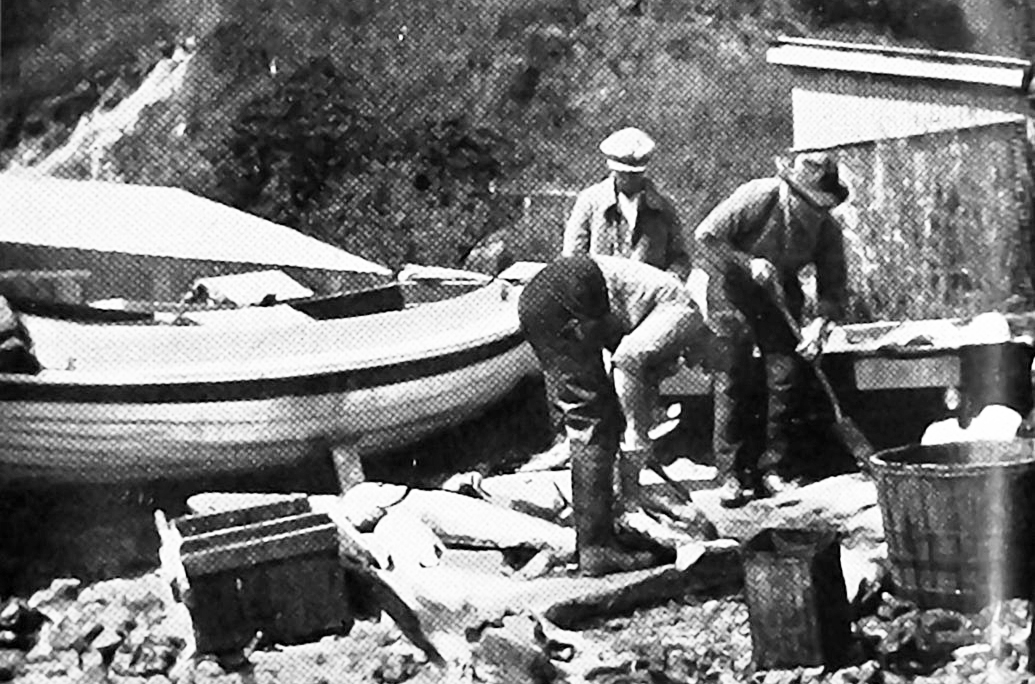

Open for inspection
Members of public bodies and a number of leading citizens availed themselves of the invitation extended by the Otago Hospital Board to pay a visit of inspection to the Dunedin Hospital yesterday afternoon. May 12 was National Hospital Day. The movement had been originated in America to commemorate the birth of Florence Nightingale, the pioneer in modern hospital nursing.
The idea was to familiarise the public with the work their hospital was doing for the community and what further equipment was necessary in order to give better service. Last National Hospital Day they had placed before the citizens the necessity of an up-to-date plant in the radium and X-Ray department. That plant would arrive shortly. This year they desired to stress the necessity for more adequate provision for cases of infectious disease.
A man walked into a shop
The Arbitration Court, his Honor Mr Justice Frazer presiding, resumed its sessions yesterday morning relating to hours of closing. If a man was working in town till 5 o’clock, or a little after, he could not get out to St Clair or North-East Valley or Kaikorai and buy his hat or his shirt or whatever it was at the local shop if that shop were to close at half-past five. They recognised that in the case of businesses of that kind a retail shop in the city had a certain advantage over the suburban shops if they all had to close at 5.30. It was very obvious that the man working in town who wanted to buy some of the articles mentioned would probably have to buy in town neglecting the small local shop. If the court were to extend the hours of these shops just sufficiently to enable a man who worked in town to get out to his own suburb and buy there no injustice would be done.
The court could grant exemption in the cases that came under its jurisdiction on proof only of undue hardship due to the nature of the business, the situation of the shop, and the conditions under which the business was carried on. That was to say, it was a hardship greater than that suffered by other people in the trade, and not due to the personal or domestic circumstances of the applicant.
Train whistle blowing unheard
A collision occurred on Monday morning between Mr Brooks’ motor lorry and a coal train at the crossing on the Main South Road at Green Island. The train was proceeding to Walton Park on the branch line when it crashed into the lorry. The vehicle was completely wrecked, and the engine was slightly damaged. Fortunately, Mr Brooks and a boy riding with him were not injured. Mr Brooks was on his way to Dunedin, and evidently did not hear the engine’s warning whistle until it was too late to stop his lorry.
— ODT, 13.5.1925 (Compiled by Peter Dowden)












